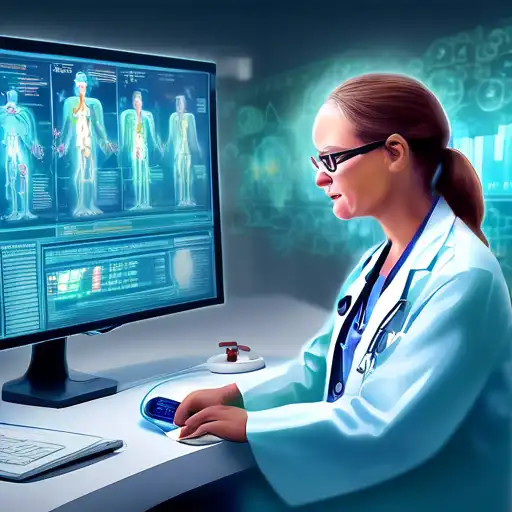The Power of Big Data in Transforming Healthcare
In the digital age, big data has emerged as a cornerstone in revolutionizing industries, with healthcare standing at the forefront of this transformation. By leveraging vast amounts of health-related data, medical professionals can now predict outbreaks, improve patient care, and enhance treatment outcomes with unprecedented precision.
Understanding Big Data in Healthcare
Big data in healthcare refers to the massive volumes of information generated by digital technologies that collect patient records and help in managing hospital performance. This data comes from a variety of sources including electronic health records (EHRs), medical imaging, genomic sequencing, payor records, pharmaceutical research, wearables, and medical devices.
Improving Patient Outcomes with Big Data
The application of big data analytics in healthcare is making it possible to improve patient outcomes in several ways:
- Personalized Medicine: By analyzing patient data, healthcare providers can tailor treatments to individual genetic makeups, improving efficacy and reducing side effects.
- Predictive Analytics: Big data enables the prediction of disease outbreaks and patient admissions, allowing for better preparedness and resource allocation.
- Enhanced Decision Making: With access to comprehensive data, doctors can make more informed decisions, leading to better patient care.
- Operational Efficiency: Hospitals can use big data to streamline operations, reduce wait times, and improve patient satisfaction.
Challenges and Opportunities
Despite its potential, the integration of big data into healthcare is not without challenges. Issues such as data privacy, security, and the need for skilled personnel to analyze and interpret data are significant hurdles. However, the opportunities for improving patient care and operational efficiency far outweigh these challenges.
Future Prospects
The future of big data in healthcare is bright, with advancements in AI and machine learning offering new ways to analyze and utilize data. As technology evolves, so too will the capabilities of healthcare providers to deliver personalized, efficient, and effective care.
For more insights into how technology is shaping the future of healthcare, explore our articles on Health Informatics and Medical Technology.
Big data is not just a tool for improving healthcare; it's a revolution that's reshaping the way we think about patient care and treatment outcomes. By embracing this change, healthcare providers can offer better, more personalized care to their patients, ultimately saving lives and improving quality of life.
